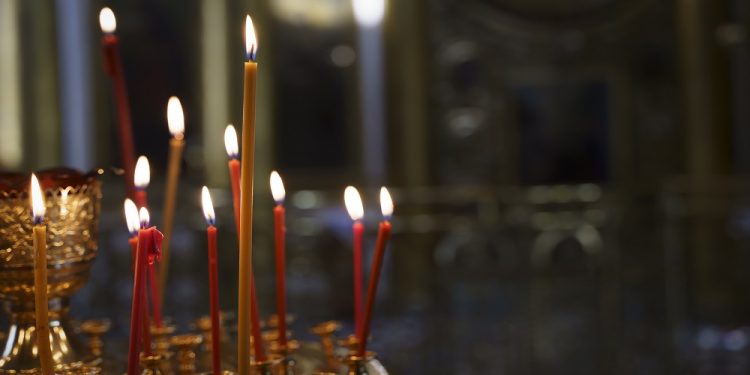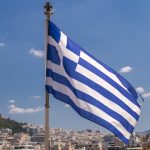
Orthodox Holy Saturday
Orthodox Holy Saturday, also known as Great Saturday in the Orthodox Church, commemorates the burial of Christ and his descent into Hades. It is a day that falls between Good Friday and Easter Sunday and is celebrated with a number of important traditions and rigorous religious adherence to these traditions.
It is a day for Orthodox Christians to contemplate the mystery of the Lord’s descent into the realm of the dead. According to the Liturgy of St. Basil, Christ gave himself as a ransom to death and descended into Hades through the Cross, loosening the bonds of death and paving the way for his Resurrection. This day is one of watchful expectation for Christ’s Resurrection.
The History of Orthodox Holy Saturday
Because Orthodox Christian Churches continued to follow the Julian calendar after the Gregorian calendar was introduced to Europe during the 16th century, Orthodox religious holidays such as Good Friday, Holy Saturday, and Easter Sunday fall on different days compared to Western Churches.
These days are “Moveable Feasts” that fall on different days from year to year based on calendar calculations. In the past, Orthodox Holy Saturday was a day of fasting and waiting in anticipation of Christ’s Resurrection. Although parts of the Holy Saturday tradition have changed throughout the centuries, those two aspects of this religious tradition have remained constant.
Observing Orthodox Holy Saturday
Solemnity and anticipation are the main ways that this holiday is observed among Orthodox Christians, regardless of the individual practices of each church. With that being said, there are some traditions that are observed by some churches and not by others.
For example, some Orthodox Churches hold a procession during the Holy Saturday Vigil. This procession is led by a priest and may or may not include the entire congregation carrying candles and singing hymns. On Holy Saturday, the Vesperal Liturgy is held.
This includes readings from the Old Testament and Gospels and is accompanied by hymns and prayers. All of these passages and hymns focus on Christ’s descent into Hades and his inevitable triumph over death. The Holy Saturday Vigil is also held on this holiday.
The lights are turned off to symbolize the closing of heaven’s gates after Adam’s sin and expulsion from the Garden of Eden. Candles are then lit to symbolize the gates of heaven reopening after Christ redeemed humanity from their original sin.
This is accompanied by the singing of hymns and the reading of selected passages from the Bible. Other traditions associated with Orthodox Holy Saturday include the Blessing of Paschal Foods following the Matins of the Resurrection.
The priest blesses baskets of paschal foods, many of which are symbolic, and others brought by members of the congregation. People also spread the word about this holiday using the hashtag #OrthodoxHolySaturday on social media.








